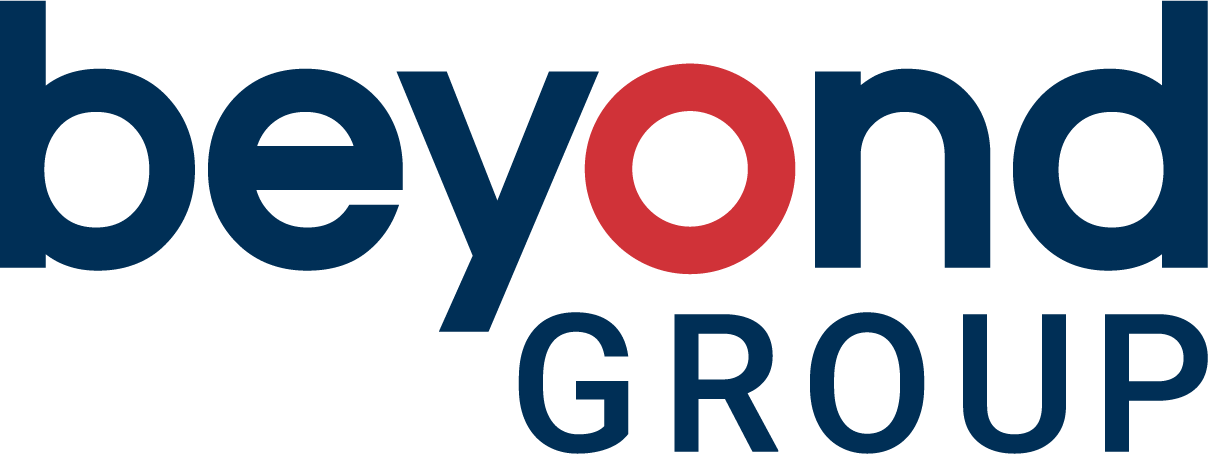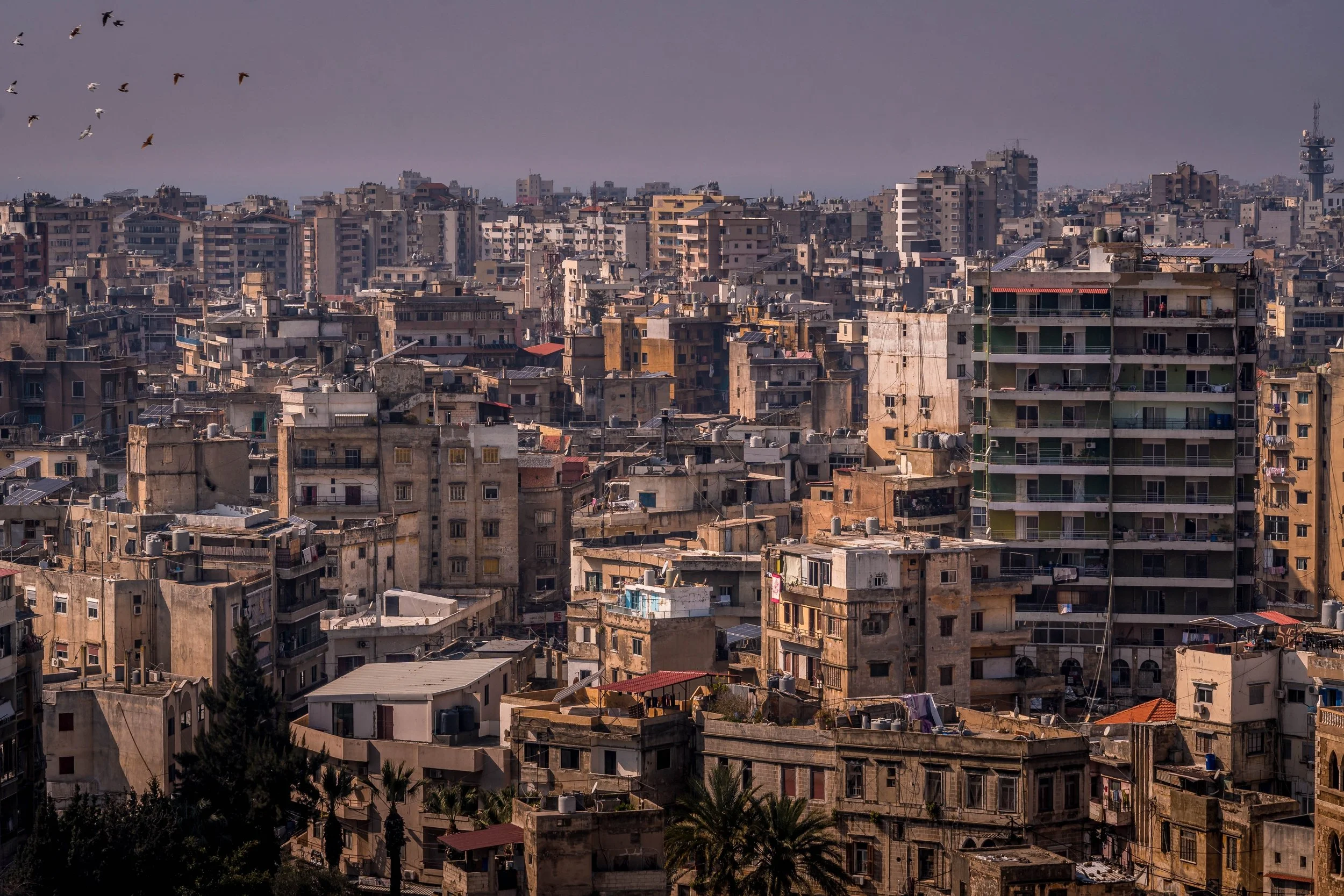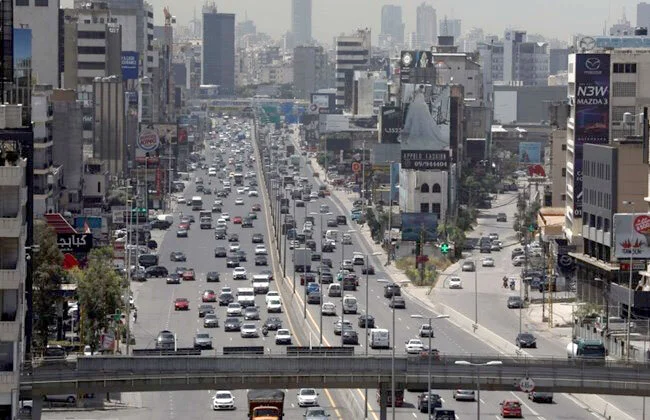Social Protection For Resilience In Times Of Crisis
June 2020
RELATED LINKS:
Analysis of the Financial Recovery Plan proposed by the Lebanese Government
As Published In The Daily Star
Learn more about Beyond Group
Social Protection For Resilience In Times Of Crisis
The coronavirus (COVID-19) pandemic has created a public health emergency resulting in a social and economic crisis with both immediate and long term ramifications that will shape the future of people around the world. Weaknesses exposed in essential sectors such as health and education have magnified the need to promote resilience to adverse shocks through social protection. In fact, 151 countries have introduced, adapted or expanded social protection programs in response to the COVID crisis as of April 23rd, 2020.
Social protection has gradually become recognized as a critical component in developing countries’ strategies for alleviating poverty, reducing vulnerability, and driving inclusive development. While the necessity for social protection is indisputable, its scope and objectives remain the subject of global debate. Broadly, two divergent schools of thought lead the discourse around social protection:
A Rights-Based “Universal” Approach as the name suggests, stems from the belief that social protection is a human right enshrined in international law, and a cornerstone to social justice.
A Market-Based “Targeted” Approach adopts the perspective that social protection serves the purpose of reducing poverty, with the goal of mitigating the symptoms of inequality.
Recent research has also highlighted the importance of social protection systems’ adaptability in response to shocks such as the COVID-19 pandemic. Whether through a rights-based or market-based approach, the events of 2020 have shown that social protection systems must help prepare societies for possible future shocks by ensuring their resilience and enabling response efforts after the crisis has struck.
As the COVID-19 pandemic continues to put a strain on societies across the globe, governments have resorted to both fiscal and monetary responses to help alleviate the repercussions of the crisis. While many of these responses may not be comprehensive or sufficient, they aim to provide the fastest response possible within the circumstances. Without a doubt, this is an easier feat for some countries more than others.
In Lebanon, the current social and economic situation does not bode well, as the country grapples with a detrimental and multi-layered crisis that threatens the livelihoods of a stark majority of the population. In anticipation of this economic downward spiral, the Ministry of Social Affairs (MoSA) of Lebanon had initiated, earlier in 2019, the development of a comprehensive National Social Protection Framework with the support of Beyond Group in partnership with UNICEF, and in collaboration with several concerned stakeholders.
Since its inception, this process has been paralleled with a nationwide revolution uprising, the resignation of the cabinet of ministers, a sovereign debt crisis coupled with monetary and liquidity crises that have triggered a severe economic contraction, which in turn has translated into a spike in unemployment and poverty. The subsequent arrival of the COVID-19 pandemic outbreak has only furthered the strain on the failing economy and fragmented healthcare system. Despite all obstacles, efforts have continued to develop a social protection framework that Lebanese can lean on to make their way through the crisis.
While a market-based approach clearly dominates the conversation around social protection in Lebanon, there has been a consistent effort to shift this narrow emphasis on poverty reduction to a more comprehensive and sustainable understanding of social protection as a broad discipline with multiple complementary pillars (social insurance, social assistance, social welfare and financial access to services, and labor market activation).
The central rationale underpinning the process is that effective social protection policy cannot ignore the multi-dimensional nature of poverty, and thus cannot leave untouched the social and economic structures that create inequality in the first place. This has set the premise for a universal approach, which anchors social protection as an inalienable right of every human rather than a form of charity. In a practical sense, this means that social protection encompasses four main functions:
Protecting vulnerable populations and providing relief from poverty
Preventing deprivation and supporting proactive shock management
Promoting the enhancement of real income and capabilities
Transforming imbalances in society that encourage, create, and sustain vulnerabilities
There is much to learn from experiences of other countries in order to develop more efficient, equitable and redistributive mechanisms of social protection:
Cross-Sectoral Coordination
Advancing towards a comprehensive social protection framework involves working at the level of systems and overall outcomes, not individual programs. In fact, the most robust systems around the world have carefully planned multi-sectoral coordination and linkages between initiatives that drive integration and coherence, along with strong planning policies and cross-government support.
Participatory Approach
It is essential that social protection instruments are designed through a participatory approach that is based on national dialogue, consultation and communication with all necessary governmental and non-governmental stakeholders. The development of a social protection framework for Lebanon has already brought together 4 ministries and engaged over 70 non-governmental stakeholders, establishing a sense of partnership in the process.
Human-Centric Design
Programs and systems have to be human-centered and holistic, such that they reflect actual needs on the ground and achieve maximum social impact. Including representatives from over 30 civil society organizations and unions in the conversation on a social protection framework for Lebanon helps to inform the choices made so that they remain targeted and effective.
Sustainability
Sustainability is a key consideration, as financing tends to be the achilles heel of any policy in the Lebanese context. This is particularly true for social protection, where political incentives must be managed in order to avoid alignment with small-scale fragmented programs that have immediate populist appeal, or overly-generous programs that are not fiscally sustainable.
As project efforts toward developing the social protection framework for Lebanon continue, the urgency is dire for an immediate and multi-schemed response to the crises at hand framed within short, medium, and long term measures. The government's efforts to prevent the country from its free-fall into collapse have so far hardly assuaged the state of fear and panic amongst citizens. The recently proposed Government Financial Recovery Plan places absolute priority on fiscal health and fails to include the necessary safeguards against the social impact of the steep austerity measures proposed.
A social protection framework that is citizen-centric, inclusive, and conducive to equity can direct response-measures to better serve Lebanese citizens while ensuring social justice, a better quality of life for all, and that the cost of moving past the crisis does not disproportionately fall on the shoulders of those most vulnerable.


